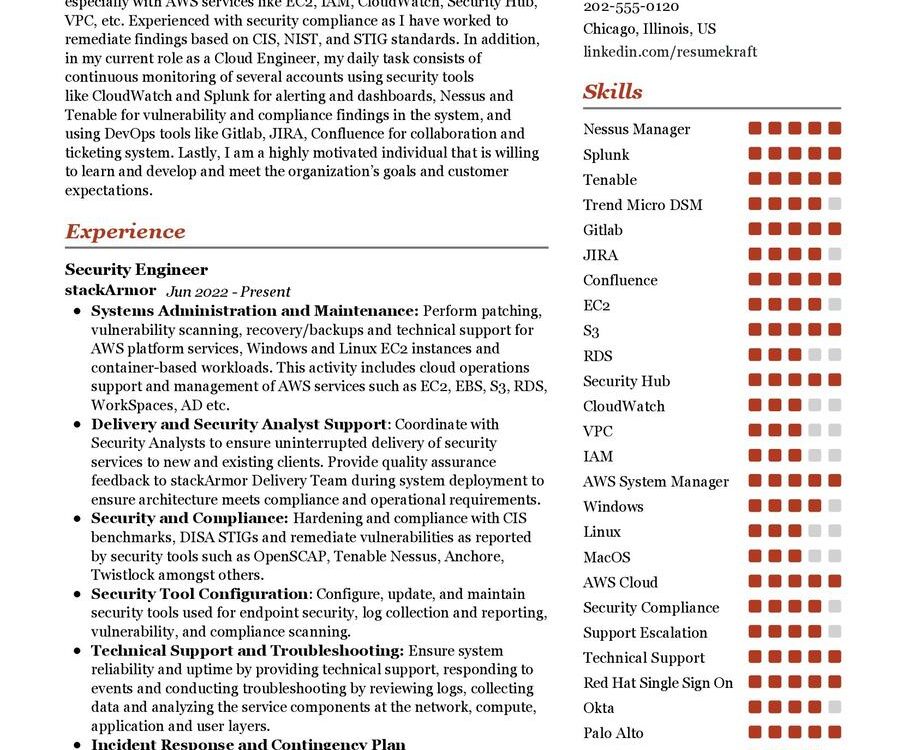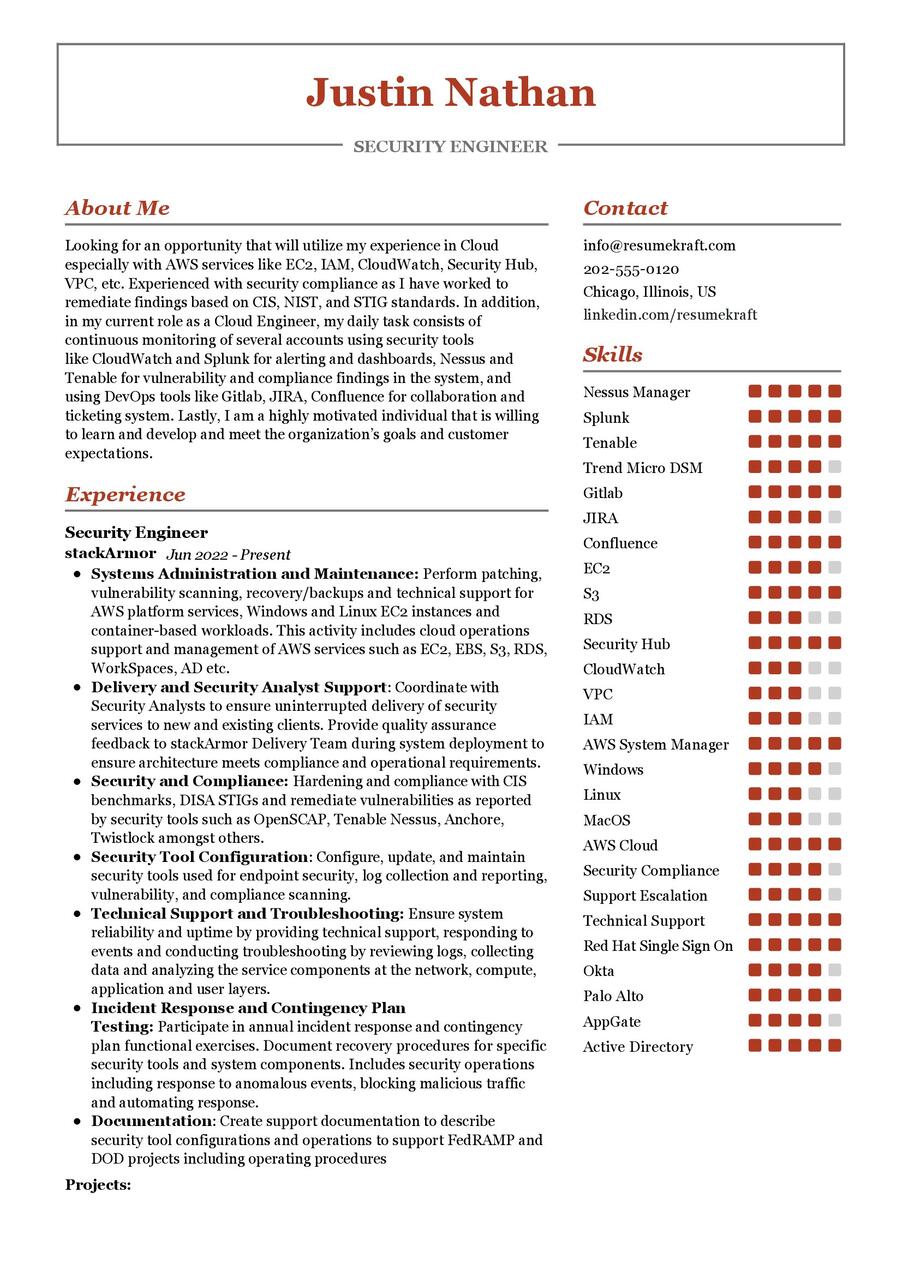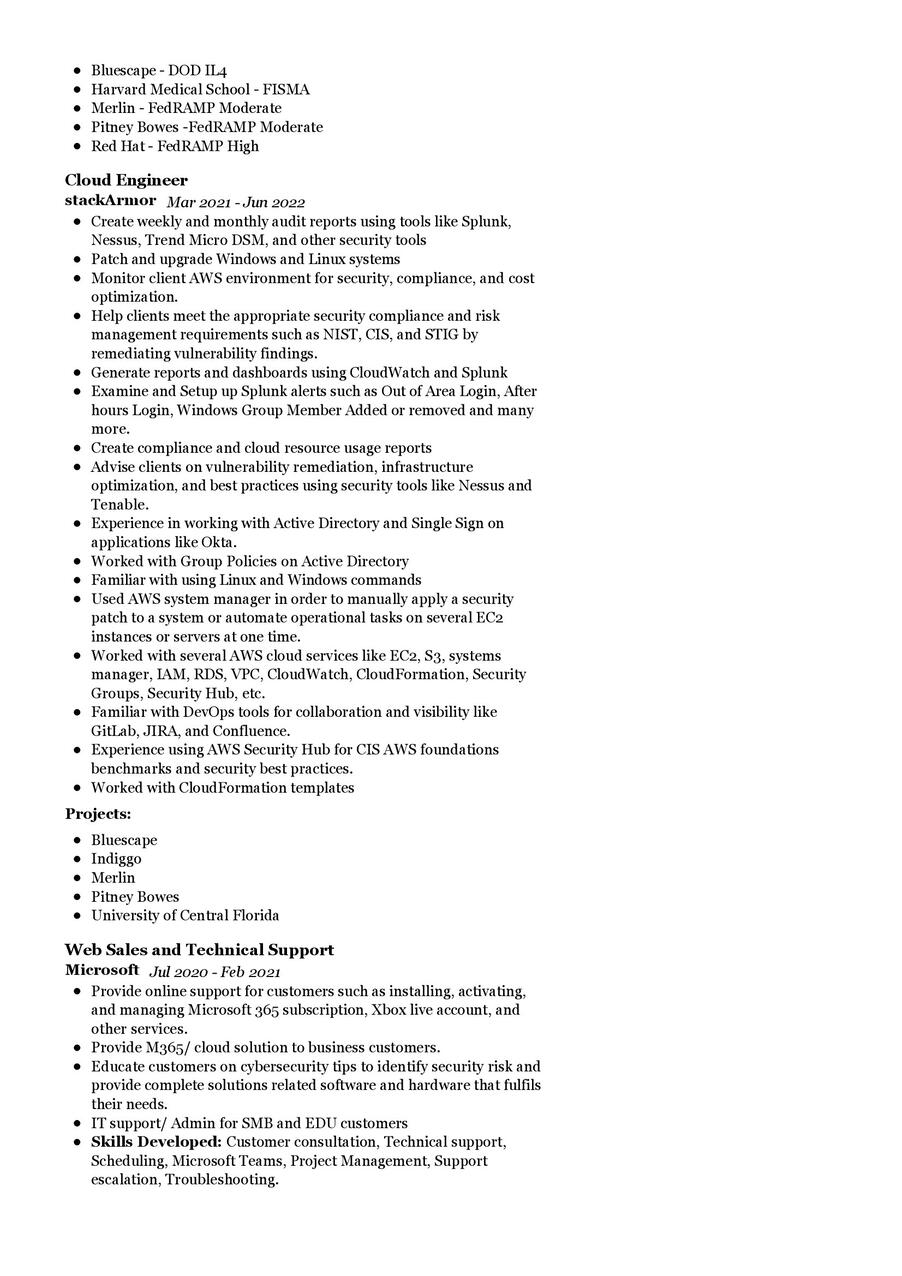Exploring the Role of a Security Engineer
As the digital landscape becomes increasingly complex, the role of a Security Engineer has become integral to safeguarding organizations from cyber threats. This position requires a unique blend of technical expertise and strategic thinking to ensure the confidentiality, integrity, and availability of information. Let’s delve into the multifaceted role of a Security Engineer, understanding the key responsibilities and skills that make this role crucial in the realm of cybersecurity.
Security Engineer Job Requirements
Becoming a Security Engineer demands a set of specific skills and qualifications. This journey involves continuous learning and hands-on experience. Let’s explore the prerequisites needed to step into the role of a Security Engineer:
- A Bachelor’s or Master’s degree in Cybersecurity, Information Technology, or a related field, showcasing a strong foundation in the technical domain.
- In-depth knowledge of network security, encryption technologies, and understanding of the latest cyber threats and vulnerabilities.
- Experience in implementing and managing security solutions, demonstrating a trajectory of increasing responsibility.
- Proficiency in programming languages such as Python or Java, essential for scripting and automation in security tasks.
- Leadership and communication skills, honed through experiences and possibly through courses and certifications.
- Expertise in security assessment tools and methodologies, ensuring a proactive approach to identifying and mitigating risks.
- Ability to stay updated on the latest cybersecurity trends, showcasing a commitment to continuous learning.
Obtaining certifications such as Certified Information Systems Security Professional (CISSP) or Certified Ethical Hacker (CEH) can significantly enhance your profile in the competitive job market.
Responsibilities of a Security Engineer
The role of a Security Engineer is dynamic, encompassing a range of responsibilities crucial for the protection of digital assets. Let’s unravel the core responsibilities that define this role, each contributing to the overall security posture of an organization:
- Implementing and managing security measures to protect computer systems, networks, and data.
- Conducting vulnerability assessments and penetration testing to identify and remediate potential security risks.
- Collaborating with cross-functional teams to ensure security is integrated into all aspects of technology and business processes.
- Responding to security incidents, investigating and implementing corrective actions to prevent future occurrences.
- Developing and maintaining security policies and procedures, ensuring compliance with industry standards and regulations.
- Providing security awareness training to employees, fostering a culture of cybersecurity within the organization.
- Staying informed about the latest cybersecurity threats and trends, and proactively implementing measures to counter emerging risks.
Each responsibility comes with its own set of challenges and learning, shaping you into a security professional with a holistic approach.
Security Engineer CV Writing Tips
Your CV is a critical tool in showcasing your qualifications and experience as a Security Engineer. Here are some tips to help you craft a compelling CV that stands out in the competitive job market:
- Highlight your experience in implementing specific security measures, showcasing instances where you have successfully mitigated risks.
- Detail any security incidents you have responded to, emphasizing your ability to handle and resolve challenging situations.
- Include metrics to quantify your achievements, such as the percentage reduction in security incidents under your management.
- List relevant certifications prominently to demonstrate your commitment to professional development in the field of cybersecurity.
- Personalize your CV for each application, tailoring it to match the specific requirements of the job description.
Each tip is a key element in creating a CV that effectively communicates your expertise and suitability for the role of a Security Engineer.
Security Engineer CV Summary Examples
Your CV summary is the opening act of your career story, setting the stage for what follows. Craft a powerful snapshot of your journey, encapsulating your experiences, skills, and the value you bring to the cybersecurity domain:
- “Cybersecurity professional with over 8 years of experience as a Security Engineer, adept at implementing robust security measures and leading incident response teams.”
- “Results-driven Security Engineer with a proven track record in vulnerability assessments and risk mitigation, contributing to the overall resilience of organizations.”
- “Experienced Security Engineer specializing in network security and penetration testing, committed to staying ahead of emerging cyber threats.”
Each summary provides a glimpse into your career, highlighting your strengths and your vision as a Security Engineer.
Create a Strong Experience Section for Your Security Engineer CV
Your experience section is the heart of your CV, pulsating with the rich experiences you have gathered over the years. Use this space to narrate your career story, emphasizing the milestones and the learning:
- “Led a team of cybersecurity professionals in implementing robust security measures, resulting in a 30% reduction in security incidents.”
- “Conducted penetration testing to identify vulnerabilities, implementing corrective actions that fortified the organization’s digital infrastructure.”
- “Responded to security incidents promptly, minimizing the impact and developing proactive strategies to prevent future occurrences.”
Each experience is a chapter in your career book, telling tales of challenges met, solutions found, and successes achieved.
Education Section for Your Security Engineer CV
Your educational journey is the foundation upon which your career stands. It is a testament to your knowledge, your expertise, and your commitment to learning. Here’s how you can list your educational milestones:
- Master of Science in Cybersecurity, XYZ University, a journey of deep learning and specialization, 2015.
- Bachelor of Science in Information Technology, ABC University, the foundation stone of your IT career, 2012.
- Certified Information Systems Security Professional (CISSP), a recognition of your expertise in cybersecurity, 2017.
Each educational qualification is a stepping stone, leading you to the pinnacle of success in your cybersecurity career.
Security Engineer Skills for Your CV
Your skill set is your toolbox, equipped with a diverse range of tools that you have honed over the years. It is a showcase of your abilities, both innate and acquired. Let’s list down the essential skills that a Security Engineer should possess:
Soft Skills:
- Leadership and team management, the ability to lead and collaborate with cross-functional teams.
- Communication and interpersonal skills, the art of conveying complex security concepts effectively.
- Problem-solving abilities, the knack of identifying and mitigating security risks proactively.
- Attention to detail, the meticulous approach to ensuring security policies are implemented effectively.
- Adaptability and resilience, the ability to stay ahead of evolving cybersecurity threats.
Hard Skills:
- Proficiency in network security, a deep understanding of firewalls, VPNs, and intrusion detection systems.
- Experience with security assessment tools and methodologies, essential for identifying vulnerabilities.
- Programming skills, particularly in languages like Python or Java, for scripting and automation in security tasks.
- Knowledge of cybersecurity regulations and compliance standards, ensuring adherence to industry best practices.
- Incident response and management, the ability to handle and resolve security incidents effectively.
Each skill is a tool, aiding you in providing exceptional cybersecurity and leading your team effectively.
Common Mistakes to Avoid When Writing a Security Engineer CV
As you craft your CV, it is essential to steer clear of common pitfalls that can hinder your journey to landing your dream job. Here we list down the mistakes often seen in CVs and how to avoid them:
- Using a generic approach, a strategy that fails to showcase your unique fit for the role of a Security Engineer.
- Focusing solely on technical skills, neglecting to highlight your leadership and communication abilities.
- Overloading your CV with technical jargon, a strategy that can obscure your true value to non-technical stakeholders.
- Ignoring the importance of certifications, which are crucial in demonstrating your commitment to professional development.
- Failing to proofread, a mistake that can leave a dent in your professional image.
Each mistake is a pitfall; avoid them to craft a CV that is both authentic and compelling.
Key Takeaways for Your Security Engineer CV
As we reach the end of this comprehensive guide, let’s recap the key points to keep in mind while crafting your Security Engineer CV:
- Emphasize your experience in implementing security measures and your ability to lead incident response teams.
- Highlight your technical proficiency, showcasing your expertise in cybersecurity tools and methodologies.
- Detail the strategic initiatives you have spearheaded, painting a picture of your visionary approach to cybersecurity.
- Include a section on continuous learning, showcasing the certifications and courses undertaken to stay updated on cybersecurity trends.
Finally, feel free to utilize resources like AI CV Builder, CV Design, CV Samples, CV Examples, CV Skills, CV Help, CV Synonyms, and Job Responsibilities to create a standout application and prepare for the Security Engineer job interview.
Armed with these insights and tips, you are now ready to craft a CV that is a true reflection of your journey, your skills, and your aspirations. Remember, your CV is not just a document; it is a canvas where you paint your career story, a story of growth, learning, and leadership. Best of luck!



